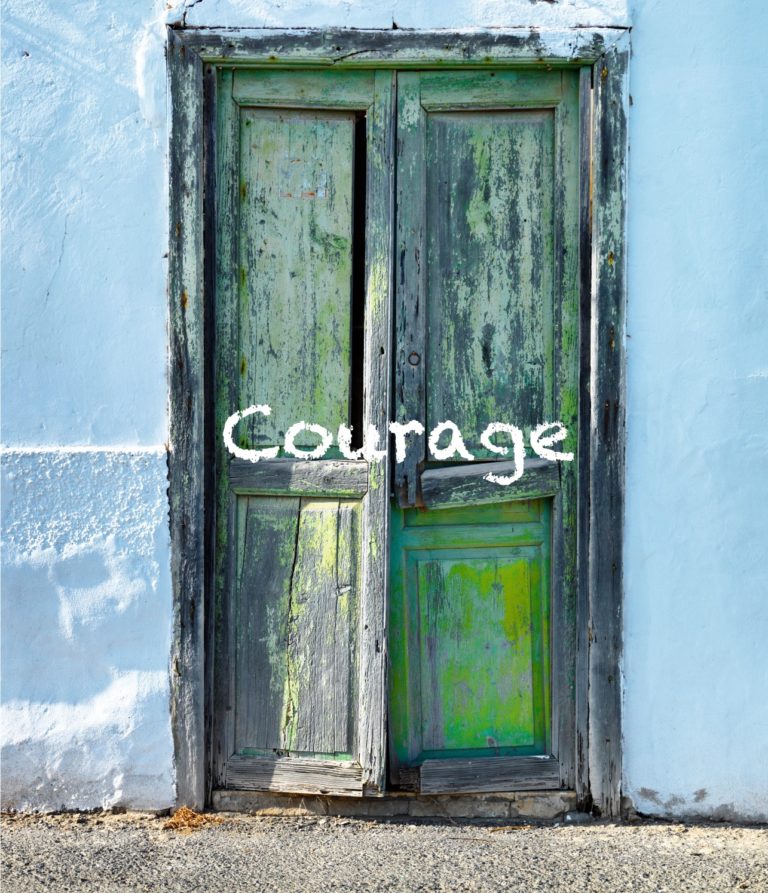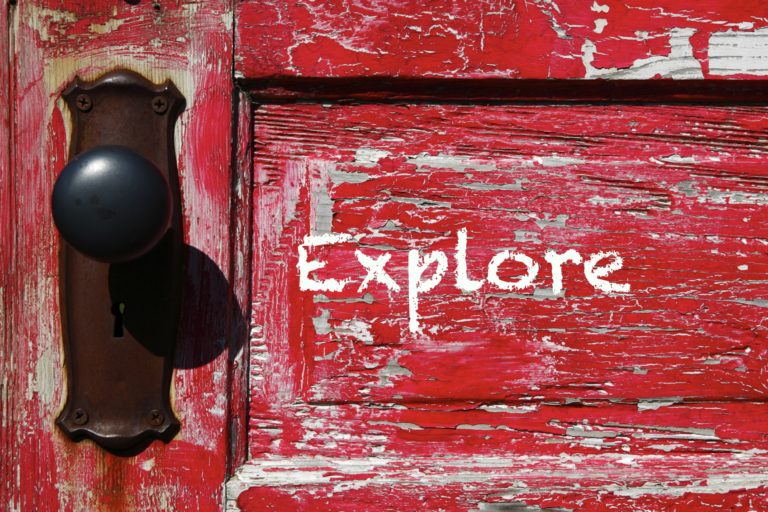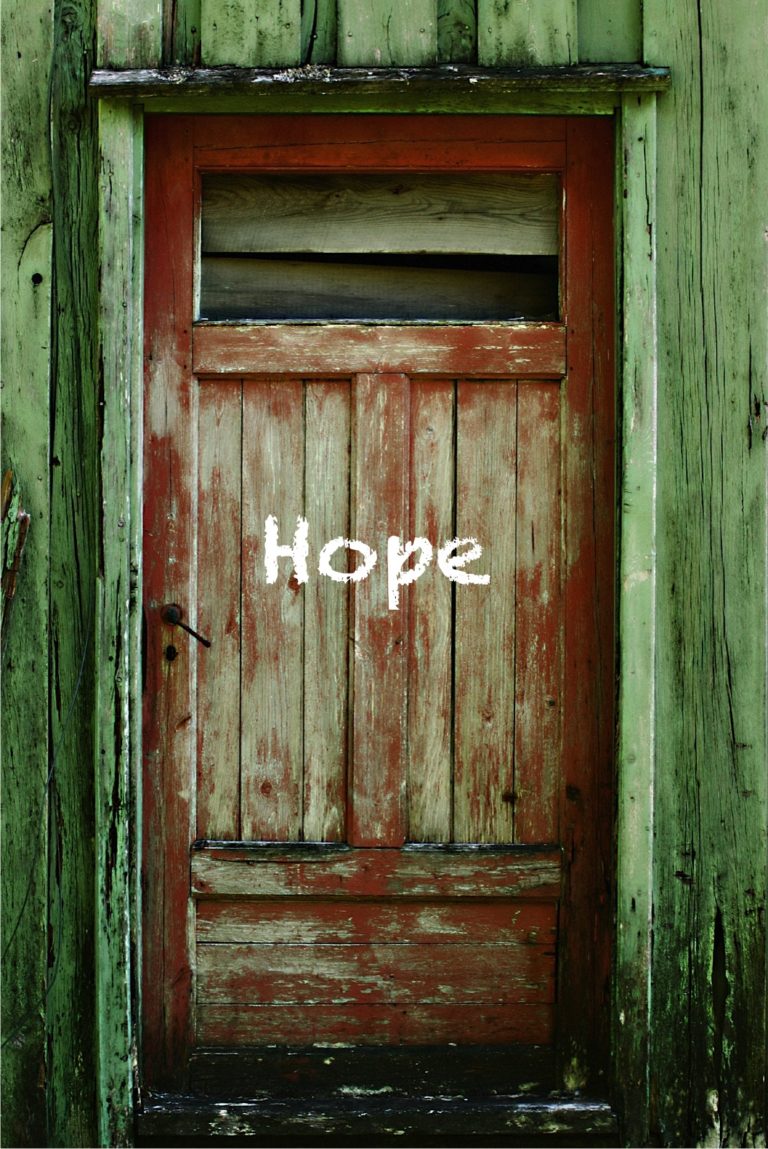
“It’s all in the past.”
“I’ve gotten over that.”
“It’s not that big a deal.”
“Well at least I wasn’t ________.”
“That happened a long time ago, it shouldn’t still bother me.”
Those are the kind of statements that I often hear from clients regarding their story. Is that something that you’ve ever heard yourself say? Maybe you’ve told yourself those things as a way to deal with difficult experiences and started doing so such a long time ago that you take it as truth. But it isn’t true. The reality is that difficult childhood experiences leave a profound imprint on the heart and soul that can have significant power in the life of the child, and later the adult. The effects of trauma get stored in the brain and body, creating unconscious processes that direct your life and relationships.
Some examples of childhood trauma are:
Many people limit trauma primarily to the categories of physical or sexual abuse. That type of overt abuse is traumatic, but children also experience trauma in more covert ways. Pia Mellody, a Senior Fellow at The Meadows treatment center and an expert in childhood trauma defines trauma as experiencing “anything that is less than nurturing” from a primary caregiver. Which means that most people experienced some level of trauma in their childhood.
If you need help dealing with experiences in your past please contact me for an appointment.
Because perfect families don’t exist, everyone has family issues to some degree. Your family of origin is where you learn about life, relationships, and who you are. However, some families don’t provide a safe or healthy context in which to do that. If that was your experience as a child you had to adapt to the unhealthiness of your family system in order to be okay and have some semblance of security. These adaptations became your ‘normal’ and served you well as a child, but may get in your way as an adult. For example, your ability to shut down your feelings allowed you to get through some horrible experiences, but now you realize that you aren’t able to feel sad or painful feelings.
The impact of your experience in your family can show up in various ways such as:
I can help you understand and change the childhood adaptations with which you may still be living. Please contact me if you would like to schedule an appointment.


There are many different reasons that people seek out a counselor. Some who come to therapy aren’t aware of overt trauma in their childhood, but they’ve experienced trauma as an adult. Others aren’t sure what their particular issues are but know something isn’t quite right. Perhaps that’s where you find yourself now. By all counts you feel like you should be doing well and enjoying life, but instead you find that:
I can help you identify and understand current life difficulties and what may be at the root of them. Please contact me if you’d like to schedule an appointment to talk about your specific situation.
If you have questions or would like to make an appointment, please get in touch today.
©2020 Copyright Beth Ratchford - All Rights Are Reserved.
This content on this site is for informational and educational purposes only and should not be considered a substitute for therapy, professional clinical advice or diagnostic purposes. Always seek the advice of a qualified healthcare professional about any health condition.